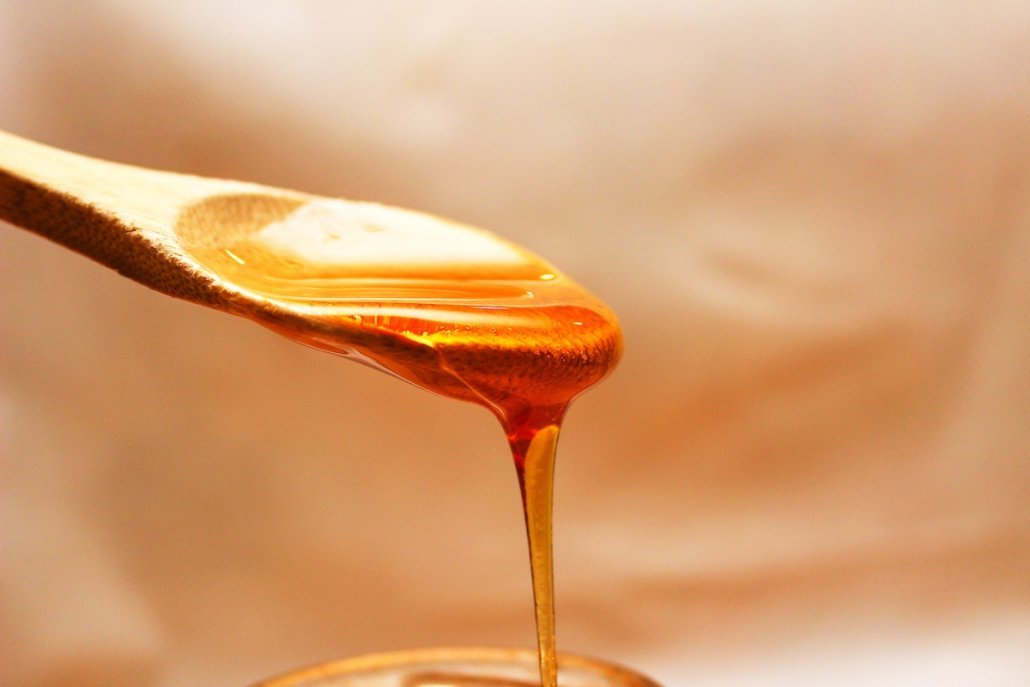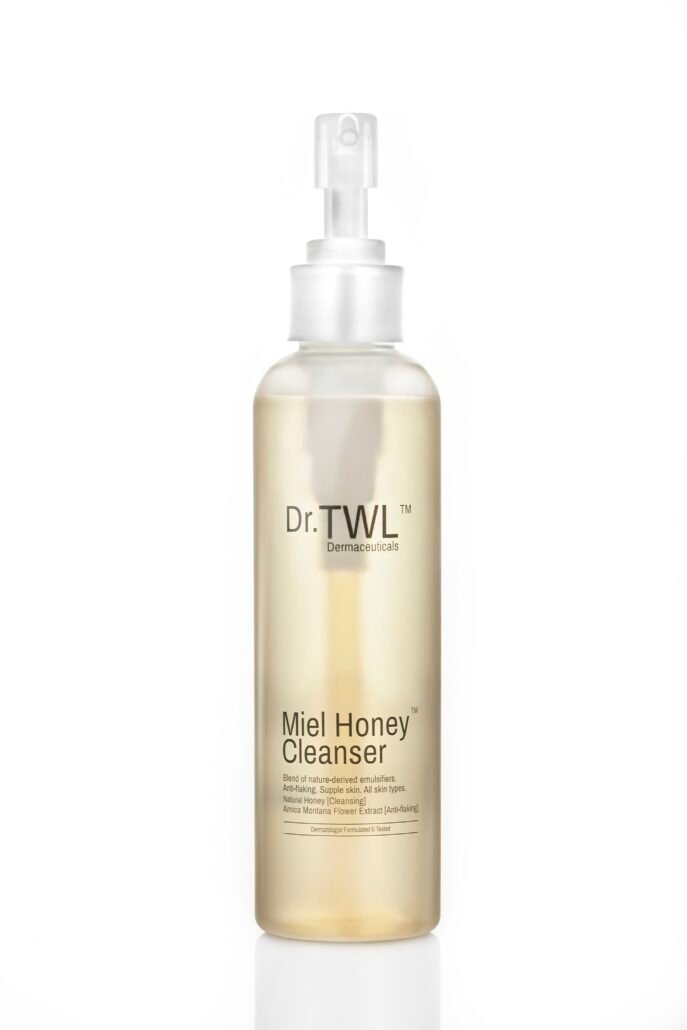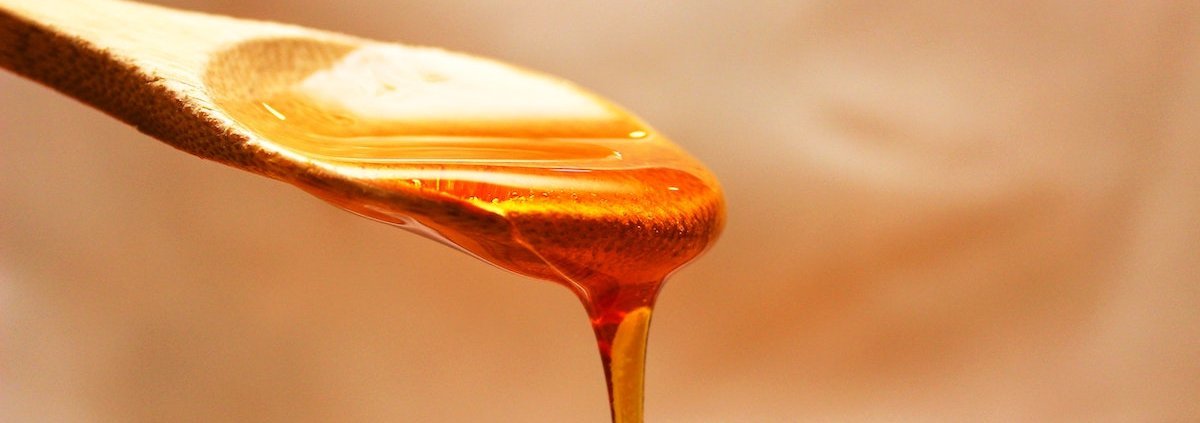Best Ingredient for Acne-Prone Skin: Medical-Grade Honey

We are most familiar with honey as sweeteners in tea, sweets and desserts. However, did you know that honey is the best ingredient for acne-prone skin? This is because it has antibacterial properties and is beneficial in acne treatment? In this article we discuss the benefits of using medical grade honey for skin. We will also provide a treatment solution to acne prone skin in the form of an anti-bacterial face wash.
Why is honey the best ingredient for acne-prone skin?
Honey is a natural bee product made from nectar and honeydew. According to the International Nomenclature of Cosmetic Ingredient (INCI), it is an emollient or humectant, and exhibits moisturizing properties. Traditional uses of honey in medicine harnesses its antibacterial effects. Honey inhibits the growth of bacteria and fungi by reducing its spread and development on surfaces.
In vitro studies have shown that medical grade honey is able to kill a wide range of common pathogens such as E.coli and the MRSA bacteria. Scientific studies using medical grade honey for skin treatments found that it was effective in reducing the number of bacteria present in wounds as well as reducing the ability for pathogens to multiply. The efficacy of medical grade honey as a treatment is seen in its use in current medications for treating pathogenic skin infections.
Medical grade honey has been scientifically proven to display anti-inflammatory and antiallergenic properties. This is especially beneficial for wound healing and protection against microbes. The use of honey has had clinical recognition for its use as a topical treatment due to its anti-microbial characteristics and its effects in reducing redness and swelling from acne. Furthermore, the sugar in honey also acts to draw moisture from the air into the skin. Therefore, acting as a natural moisturizer.
@drteowanlin a new era of Microbiome Skincare #acnecleanser #acneskin #acnetreatment #dermatologist #dermatologistontiktok #dermatology #skincareroutine #acnefacewash ♬ SO FAR AWAY – ZØYA
Moreover, Honey has been beneficial in treating wounds and acne. This is as it acts to reduce swelling and prevent further growth of pathogens. It can also moisturise and is beneficial for those who suffer from dry skin or eczema. Studies have now shown its effectiveness in treating cold sores and dry skin.
How to incorporate the best ingredient for acne-prone skin into your skincare routine
“Honey is a naturally emulsifying agent because it is naturally anti-bacterial. It reduces the surface number of bacteria, viruses as well as fungus on your skin. Above all it also acts as a good moisturiser.” – accredited dermatologist, Dr. Teo Wan Lin.
However, you should not apply honey directly on the skin. Instead, incorporate honey into your skincare routine through an anti-bacterial face wash. The Miel Honey Cleanser by Dr.TWL Dermaceuticals uses both natural purified honey and Arnica Montana flower extract to moisturize and fight acne. It’s nature-derived emulsifiers result in supple and moisturized skin and is suitable for all skin types.

Due to its anti-inflammatory and antibacterial properties, honey is very suitable for those with eczema or sensitive skin as it acts to soothe and nourish the skin. Medical grade honey as a topical treatment, is very gentle on the skin and its natural moisturizing abilities are ideal for sensitive skin. In addition, Arnica Montana flower extract in the Miel Honey Cleanser further stabilises the skin by reducing skin dryness and redness.
How do gentle cleansers help with acne?
According to Dr. Teo, “It forms an emulsion that traps the bacteria and microorganisms, dirt, and grime together with oil before you physically rinse it off with water. A good cleanser for seborrheic dermatitis is the medical-grade honey cleanser that we use in our practice. The reason is that honey itself is naturally antifungal and antibacterial, it also functions as a humectant – meaning it prevents water loss from the epidermis. All these factors help to restore skin balance.”










Leave a Reply
Want to join the discussion?Feel free to contribute!